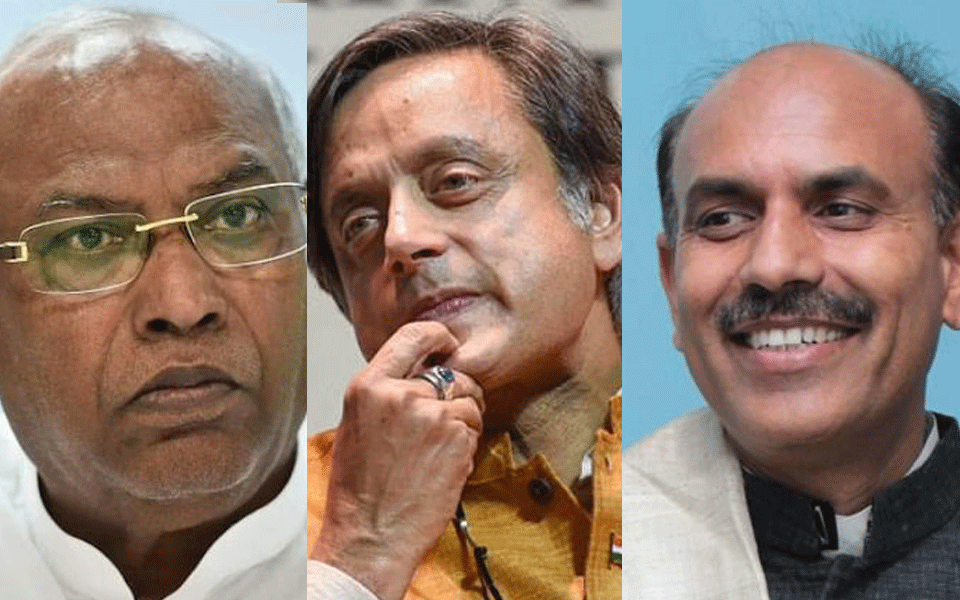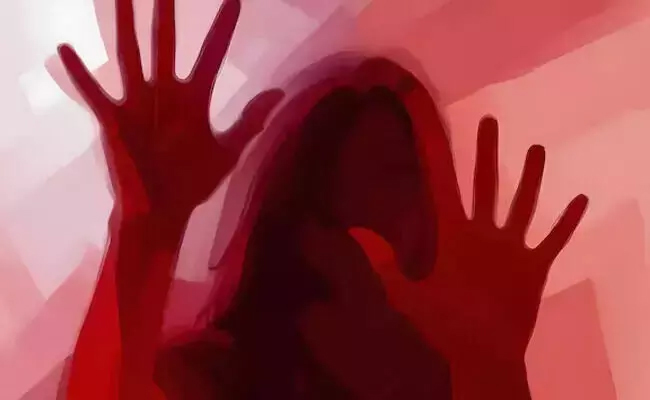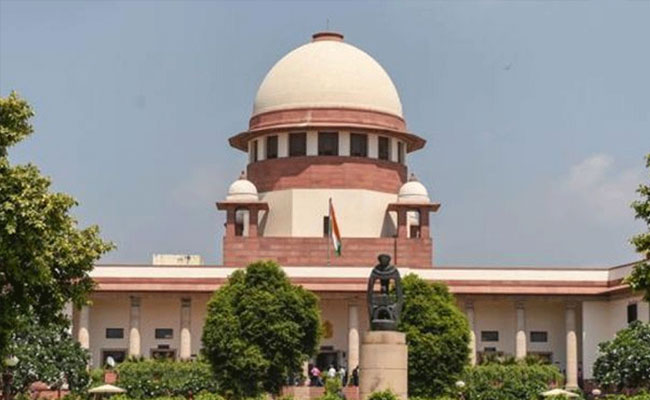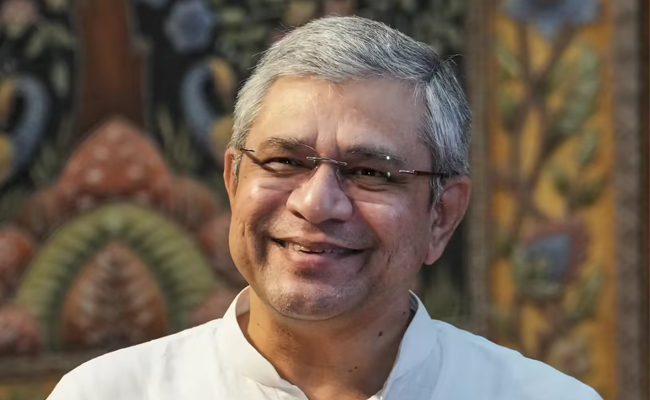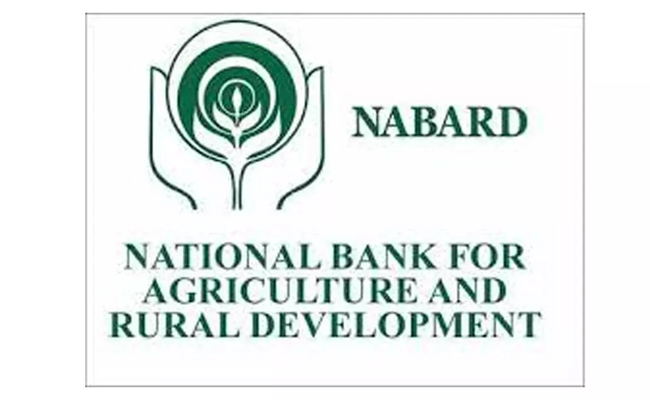New Delhi (PTI): Mallikarjun Kharge, Shashi Tharoor and K N Tripathi are the three men in the Congress presidential race for which nominations end on Friday with the veteran Kharge from Karnataka emerging a clear favourite.
The 80-year-old Kharge, flanked by top Congress leaders, filed several sets of nomination papers with the proposers also including members from the G-23 ginger group comprising Anand Sharma, Prithviraj Chavan, Manish Tewari and Bhupinder Hooda.
Tharoor, who was also part of the G-23 group, filed five sets of nomination papers, while former Jharkhand minister Tripathi filed a single set of poll papers with Madhusudan Mistry, the chairman of the Congress's Central Election Authority.
Kharge appeared to be a clear favourite for the Congress presidential election as a galaxy of leaders were present by his side when he filed his nomination papers at the AICC headquarters here.
"I was encouraged by all leaders, party workers and delegates from key states to contest the elections. I thank those who were present by my side at the time of filing the nomination papers," Kharge told reporters here.
No one from the Gandhi family was present at the AICC headquarters when the leaders filed their nominations for the election.
"I have always been fighting this battle and I am keen to fight more to uphold the ideals of the Congress party with which I have been associated since my childhood," Kharge said.
Tharoor, 66, described his electoral opponent Kharge as the 'Bhishma Pitamah' of the party.
"It is a privilege to serve the only party in India with an open democratic process to choose its leader," Tharoor said after filing his nomination papers.
"It is a friendly contest that is going to happen. We are not enemies or rivals. No disrespect to him but I will represent my ideas," the Lok Sabha member from Thiruvananthapuram told reporters.
Friday was the last day for filing nomination papers. Over 9,100 delegates are eligible to cast their votes in the October 17 election. The result will be announced on October 19.
Let the Truth be known. If you read VB and like VB, please be a VB Supporter and Help us deliver the Truth to one and all.
Paradip (Odisha) (PTI): A 23-year-old woman was raped twice in a day in separate places by her boyfriend and a stranger offering help and then thrown off a four-storey building, leading to her death, in Odisha's Jagatsinghpur district, police said on Friday.
Police arrested both the accused and booked them under various sections of BNS for kidnapping, rape and murder.
"The incident took place on February 22 after the woman left her house with plans to elope with her boyfriend, who had asked her to come to a temple by promising to marry her. However, he took her to a secluded place, raped her and abandoned her at Rahama bus stand," Jagatsinghpur Superintendent of Police Ankit Kumar Verma told reporters.
As the victim was waiting at the bus stand, another man hailing from Jharkhand, who was heading to nearby Paradip on his motorcycle, saw the hapless woman and offered help.
He, however, took her to the roof of his rented accommodation at a place in Paradip town and raped her again, the SP said.
The accused then threw the woman from the roof of the building, leading to her death, he said, adding her body was found the next morning.
The SP said the victim's brother lodged a complaint at Paradip Model police station on February 25, alleging that his sister was raped and murdered on February 22. An unnatural death case was registered on February 23 following the recovery of the woman's body.
Earlier, in the evening of February 22, the woman's brother had lodged a missing persons case at Tirtol police station when his sister did not return home.
BJD supremo and Leader of the Opposition in the state assembly, Naveen Patnaik, condemned the incident and demanded justice for the woman and other victims of recent rape incidents.
"How many more innocent lives will be lost? From underage girls to differently abled young women, no one is safe. So, is the rule of law still in place in the state? The news of heinous crimes coming from Kanhari in Angul, Kuchinda in Sambalpur, and Paradip is deeply disturbing. Chaos everywhere, insecurity all around, O Mother!" he said in an X post.
"While the government delivers long-winded speeches on women's safety and law and order, the ground reality is extremely alarming. Even in broad daylight, an atmosphere of fear prevails. Despite repeated instances of such deplorable incidents, the government's failure to take any exemplary, stringent action is emboldening the criminals. The government should take proactive steps to spread awareness on women's safety and ensure the rule of law is upheld in the state," the former CM added.

